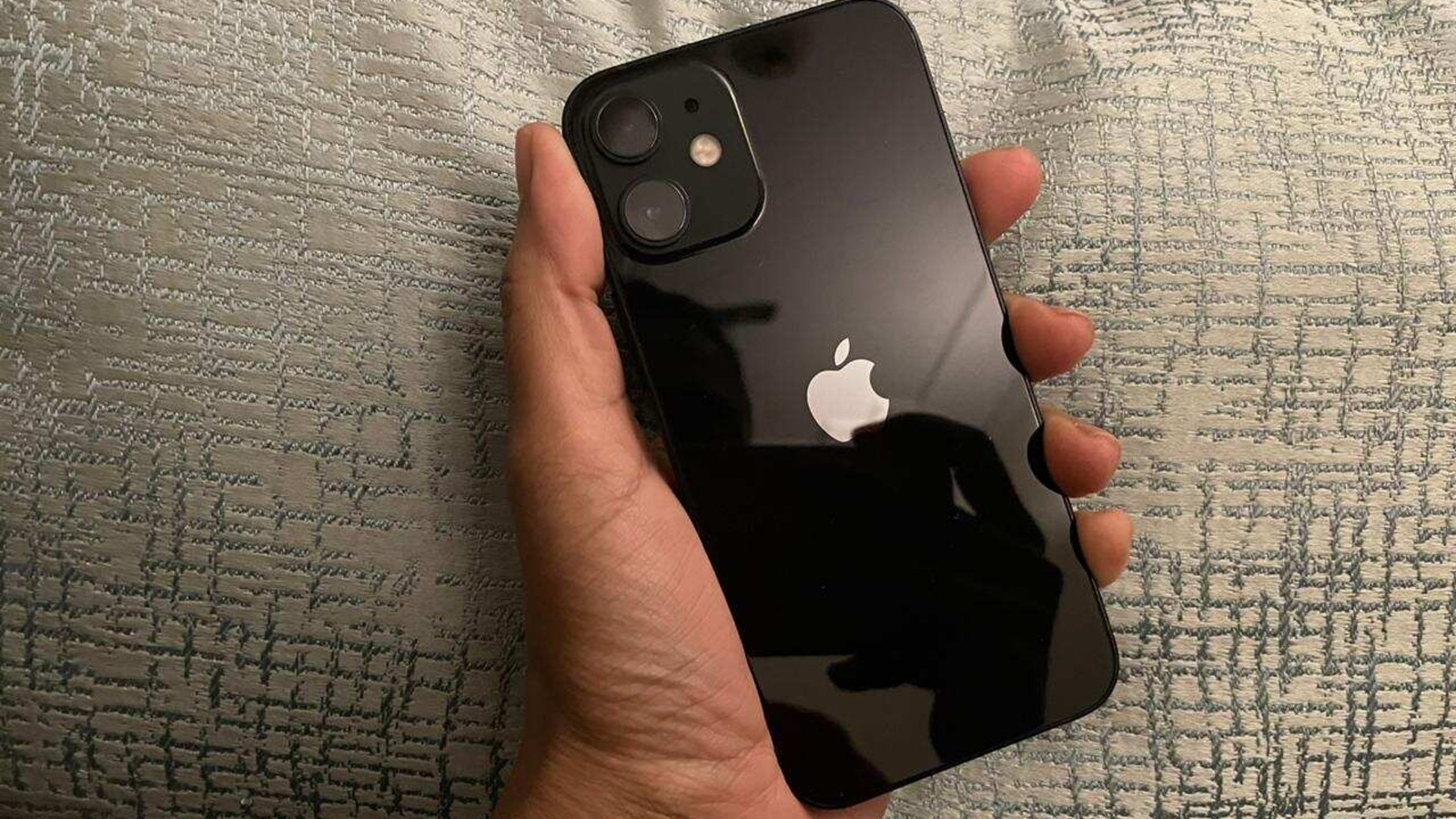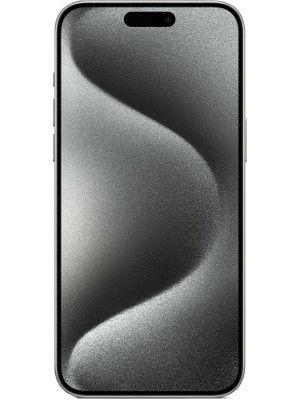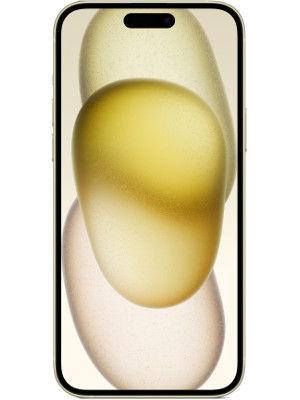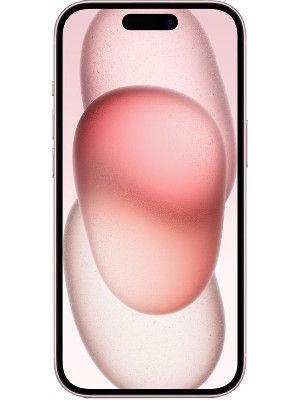Did you just get a new iPhone security code? It will save you from phishing attacks
Some Apple iPhone users may have noticed a new verification format on login. This will protect users from phishing attempts.

Apple iPhone security code has changed. The step has been taken to stop phishing attacks. iPhone users will now have a simple yet effective way of verification to deal with phishing attempts. Several iPhone users have reported a change in the SMS they receive for two-factor verification on login to their Apple IDs, according to MacWorld. From now on, it will not be just a simple SMS code that will be sent, it will have some additional aspects that are directed at stopping any phishing attacks. This SMS code will have a string of numbers, alphabets, and other characters like percentage inside it.
Apple's 2FA authentication gets stronger than before
Apple has reportedly made its 2FA authentication stronger than before. This step seems to be following on from its earlier announcement that the company is looking at providing support that would restrict logins to specific domains only and thereby defeat phishing attacks that redirect verification codes to a fake site and thereby steal login details of users via the autofill method.
The new update can be seen while logging in to one's Apple ID via an SMS-based 2-factor verification code. iPhone users who tried to do so can observe a strange mix of words, numbers and characters within the SMS verification message. This is the best possible way to deter account hijacking or unauthorised access.
Users themselves will become aware that a phishing attack is being carried out against them when the login attempts by the cybercriminals fails as the autofill refused to comply because it found the the domain that the cybercriminals were using was the wrong or fake one. The intended domain name must match for autofill to work.
In another development, Bloomberg reports that the Senate Judiciary Committee has approved legislation that, if passed into law, would force Apple Inc. to let users install apps from outside of the App Store. The bipartisan 21-1 vote is a strong endorsement for the bill from Connecticut Democrat Richard Blumenthal, Minnesota Democrat Amy Klobuchar, Tennessee Republican Marsha Blackburn and eight other cosponsors, but it still faces a long road to get a vote in the full Senate.
Apple has lobbied hard against this bill, arguing that it would make the iPhone ecosystem more similar to Google Play Store, limiting consumer choice for what it calls a more secure and closed environment.
Catch all the Latest Tech News, Mobile News, Laptop News, Gaming news, Wearables News , How To News, also keep up with us on Whatsapp channel,Twitter, Facebook, Google News, and Instagram. For our latest videos, subscribe to our YouTube channel.
























